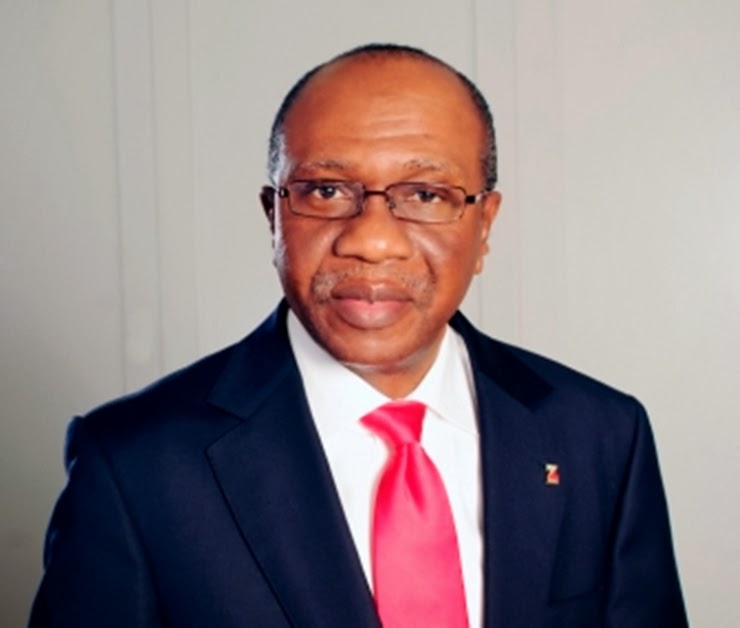The Central Bank of Nigeria on Tuesday warned individuals and corporate organisations against the use of foreign currency to carry out transactions in the country.
This was contained in a statement signed by Alhaji Ibrahim Mu’azu, the Director of Corporate Communications of the CBN, in Abuja.
The statement said: “The attention of the bank has been drawn to the increasing use of foreign currencies in the domestic economy as a medium of payment for goods and services by individuals and corporate organisations.
“It has also been observed that some institutions price their goods and services in foreign currencies and demand payments in foreign currencies rather than the Naira which is the legal tender in Nigeria.”
According to the statement, it is against the provisions of the CBN Act. It said that the provisions of the CBN Act of 2007 stated that the currency notes issued by the bank should be legal tender in the country. This, it said, should be used for the payment of any amount. “
”Furthermore, the act stipulates that any person(s) who contravenes this provision is guilty of an offence and shall be liable on conviction to a prescribed fine or six months imprisonment,” it said. The statement also pointed out that the prohibition, however, was without prejudice to foreigners, visitors and tourists in the country.
It said that those people were encouraged to continue to use their cards for payments or exchange their foreign currency for local currency at any of the authorised dealers’ outpost.
It advised the general public to report any contravention of the provision of the act to the Economic and Financial Crimes Commission and the Central Bank of Nigeria for appropriate action.

